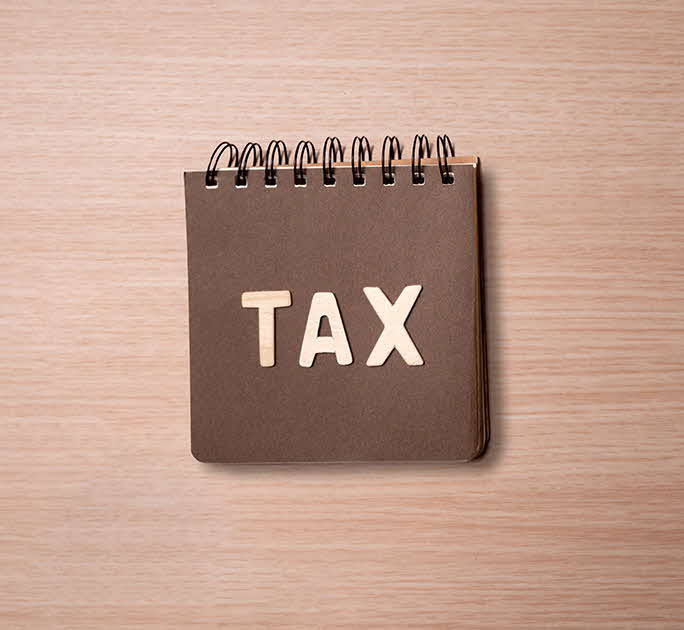- Banking
- Wealth
- NRI Banking
- Customer Services

Everything You Need to Know about Section 206AA TDS for NRIs
Reading Time: 3 Minutes
Key Takeaways
This article discusses the various provisions of Section 206AA of the Income Tax Act.
Every payment which falls under the provisions of Tax Deducted at Source (TDS) has to be after deducting tax in the relevant sections of the Income Tax Act of India. Though furnishing a PAN card is compulsory at the time of making a payment, the recipient might not have one in some instances. This scenario is where Section 206AA comes into the picture.
But first, let’s understand what Tax Deducted at Source (TDS) is
TDS is a system wherein any party that is liable to pay salaries, commissions, and interest on investments deducts a specific percentage of such an income at source before making such a payment. This percentage of income is known as the ‘Tax Deducted at Source’ or TDS.
Purpose of TDS
TDS primarily serves as a deterrent for tax evasion. This is how it functions –
- TDS from all the income sources are consolidated under Form 26AS, and the TDS percentage can range anywhere between 1- 30%.
- Though TDS relieves taxpayers from the financial burden when filing their taxes, it has shortcomings. For instance, a person who might not even fall under the tax bracket may end up paying TDS. Moreover, some taxpayers even end up paying more than their liabilities.
- There is an option of Section 197 of the Income Tax Act for such taxpayers, where they can obtain a Nil Certificate from an Assessing Officer (AO).
Long-term financial goals on your mind? Choose DBS Treasures.
Scope of Section 206AA
Introduced from FY 2010-11, Section 206AA of (the) Income Tax Act requires every taxpayer to furnish their PAN card for receiving taxable income. While in the case of residents, it includes sources like salary, rent, contractual payments, and so on, in the case of NRIs, it corresponds to any income source taxable in India.
Submission of PAN
Every taxpayer needs to furnish their PAN card to comply with the TDS provisions, and subsequently, the tax is deducted as per the Income Tax Act. In case a recipient cannot furnish a PAN card, the income would attract taxes at a higher rate under Section 206AA. Both the payer and the recipient should indicate the same in all of their correspondence.
Rates of TDS
The rates of TDS that will be applied to the person who fails to furnish a PAN card are either –
- The rate mentioned in the specific provisions of the Act
- The rate in force
- Or at 20%
TDS rate in the case of Form 15H and 15G
The recipient is also mandated to submit a declaration as per Section 197A to the payer. This declaration is made under Form 15H and Form 15G for nil deduction of payment. While the former is submitted by a person below the age of 60, the latter is submitted by a recipient above 60.
The payments to NRIs exempted under Section 206 AA
In case of payment to NRIs, there are some exempt under Section 206AA. They are as follows:
- Payment of interest on a long-term bond under Section 194LC
- The payment of interest, royalties, or fees for technical services and payments made upon the transfer of capital assets is also exempt. However, the following documents need to be furnished for the same –
- Name, contact number, and email address.
- Address in India or the resident country
- Certificate from the resident country (if the law of that country issues such a certificate)
- Tax Identification Number either in the country of residence or India. If it is not available, then a unique number needs to be furnished for identification in the country of residence.
Final Note
Interest earned on NRE savings and FCNR deposits are tax-free; however, interest earned on NRO balances are taxable and attracts a TDS of 30%. NRIs earning income in India must be mindful of the Section 206AA guidelines to avoid getting tax deducted at higher rates at source by providing the relevant documentation upfront.
*Article last updated in April 2021
*Disclaimer: This article is published purely from an information perspective and it should not be deduced that the offering is available from DBS Bank India Limited or in partnership with any of its channel partners.
The purpose of this blog is not to provide advice but to provide information. Sound professional advice should be taken before making any investment decisions. The bank will not be responsible for any tax loss/other loss suffered by a person acting on the above.










